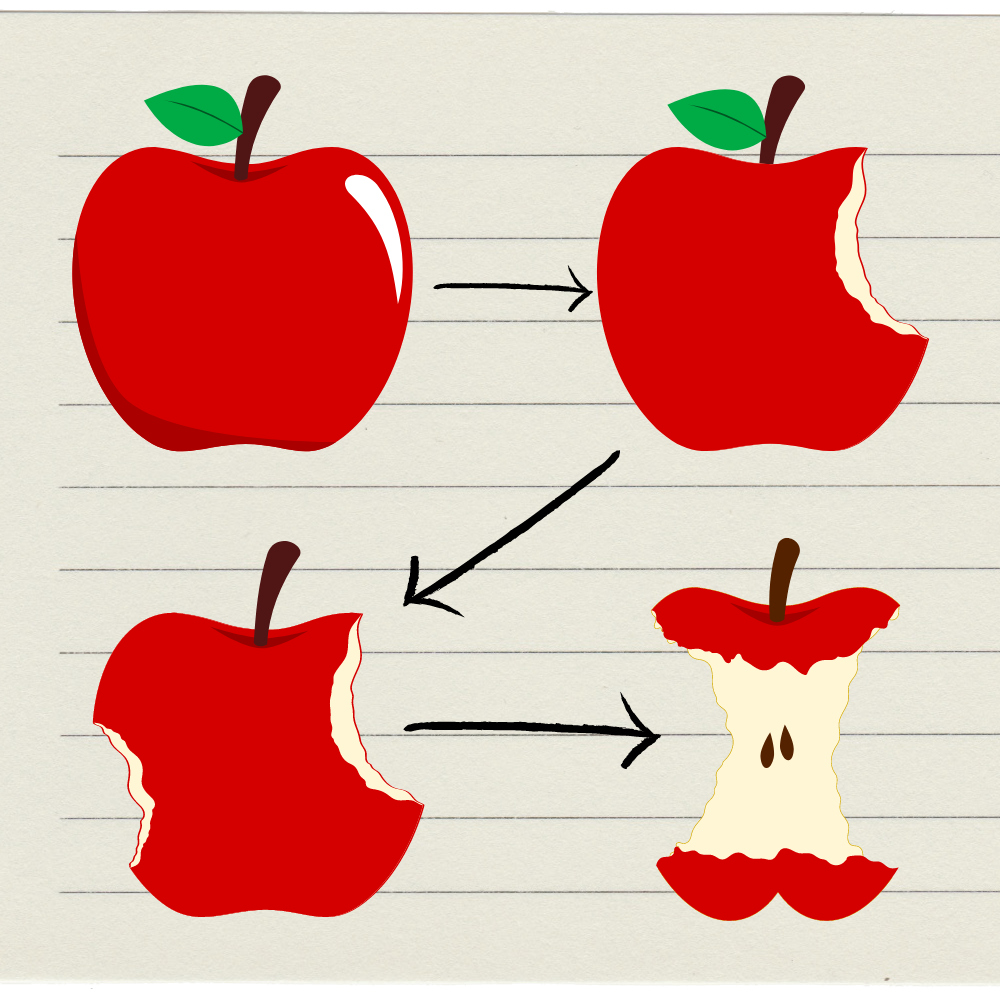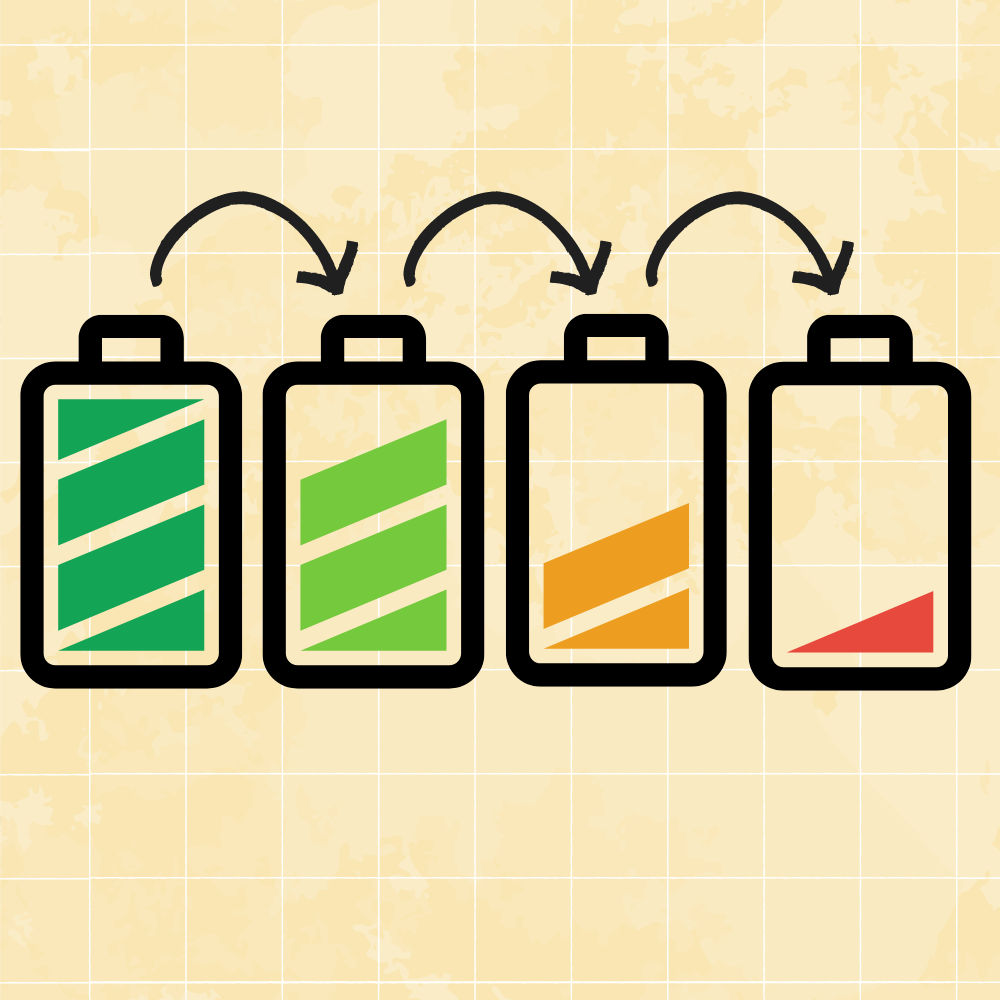Almost
Definition
Almost is an adverb that indicates something is nearly or not quite entirely the case, often implying a small difference from being complete or fully achieved.
Parts of Speech
- Adverb
Pronunciation
American English
- IPA Pronunciation: /ˈɔlˌmoʊst/
- Respelling: AWL-mohst
British English
- IPA Pronunciation: /ˈɔːl.məʊst/
- Respelling: AWL-mohst
Etymology
The word "almost" originates from the Old English term "ealmæst," meaning "nearly" or "for the most part." It combines "all" and "most," indicating a state that is close to complete. The term has been in use since at least the 14th century with minimal change in meaning.
Derivatives
- Almostly (adverb, rare)
- Near-almost (adjective)
- Almostness (noun)
- Subalmost (adjective)
- Nearly-almost (adverb, informal)
Synonyms
- Nearly
- Virtually
- Practically
Antonyms
- Completely
- Entirely
- Fully
Usage
The term "almost" is widely used to describe situations or states that are close to complete but lack something minor. For example, "The task is almost finished," or "They almost won the game."
Related Terms
- Nearly: Another adverb indicating a close or approximate state.
- Approximately: An adverb suggesting something is close to but not exactly a particular amount or degree.
- Practically: Often used to mean nearly or virtually the same in effect.
Detailed Definitions
Adverb
- Very nearly or close to something: Indicates that something is not entirely the case but is just short of it.
- Example: "He almost missed the train."
- Close to the full extent but lacking a small part: Used to describe situations where a condition or result is nearly, but not completely, achieved.
- Example: "The meal was almost perfect."
almost



🇨🇳 Mandarin
- 几乎 (jīhū)
- IPA Pronunciation: /t͡ɕi˥˩ xu˧˥/
- Respelling in English: jee-hoo
- 差点 (chàdiǎn)
- IPA Pronunciation: /ʈʂʰâ.tjɛ̌n/
- Respelling in English: chah-dyen
🇮🇳 Hindi
- लगभग (lagabhag)
- IPA Pronunciation: /ləɡ bəɦəɡ/
- Respelling in English: lug-buh-hug
- क़रीब (qarīb)
- IPA Pronunciation: /qəri:b/
- Respelling in English: kuh-reeb
🇪🇸 Spanish
- casi
- IPA Pronunciation: /ˈkasi/
- Respelling in English: kah-see
- por poco
- IPA Pronunciation: /por 'poko/
- Respelling in English: por poh-koh
🇫🇷 French
- presque
- IPA Pronunciation: /pʁɛsk/
- Respelling in English: presk
- quasiment
- IPA Pronunciation: /kazimɑ̃/
- Respelling in English: kah-zee-mahn
🇸🇦 Arabic (Modern Standard)
- تقريبا (taqrīban)
- IPA Pronunciation: /taqriːban/
- Respelling in English: tah-kree-ban
- كاد (kād)
- IPA Pronunciation: /kaːd/
- Respelling in English: kahd
🇧🇩 Bengali
- প্রায় (pray)
- IPA Pronunciation: /pɹaj/
- Respelling in English: prai
- বেশি (bēśi)
- IPA Pronunciation: /beʃi/
- Respelling in English: bay-shee
🇷🇺 Russian
- почти (pochti)
- IPA Pronunciation: /ˈpot͡ɕtʲi/
- Respelling in English: poch-tee
- едва не (yedva ne)
- IPA Pronunciation: /jɪdˈva nʲe/
- Respelling in English: yed-va ne
🇵🇹 Portuguese
- quase
- IPA Pronunciation: /ˈkwɐzɨ/
- Respelling in English: kwah-zi
- por pouco
- IPA Pronunciation: /puɾ ˈpɔku/
- Respelling in English: poor poh-koo
🇮🇩 Indonesian
- hampir
- IPA Pronunciation: /hamˈpir/
- Respelling in English: hahm-peer
- nyaris
- IPA Pronunciation: /njaˈris/
- Respelling in English: nya-ris
🇩🇪 German
- fast
- IPA Pronunciation: /fast/
- Respelling in English: fast
- beinahe
- IPA Pronunciation: /ˈbaɪnaːə/
- Respelling in English: bine-ah-uh
🇯🇵 Japanese
- ほぼ (hobo)
- IPA Pronunciation: /hoꜜbo/
- Respelling in English: ho-bo
- ほとんど (hotondo)
- IPA Pronunciation: /ho̞to̞ndo̞/
- Respelling in English: ho-ton-do
🇻🇳 Vietnamese
- gần như
- IPA Pronunciation: /ɣəːn ɲɯ˧˧/
- Respelling in English: gan nyuh
- hầu hết
- IPA Pronunciation: /həːw˧˧ hɛt˧˧/
- Respelling in English: hau het
🇰🇷 Korean
- 거의 (geoui)
- IPA Pronunciation: /k͈ʌ.i/
- Respelling in English: guh-oui
- 대충 (daecheong)
- IPA Pronunciation: /t͈ɛ.t͈ʰʌŋ/
- Respelling in English: dae-chong
🇹🇷 Turkish
- neredeyse
- IPA Pronunciation: /neɾedejse/
- Respelling in English: ner-eh-dye-se
- hemen hemen
- IPA Pronunciation: /heːˈmen heːˈmen/
- Respelling in English: hey-men hey-men
🇵🇰 Urdu
- تقریباً (taqreeban)
- IPA Pronunciation: /t̪əqɾiːbən/
- Respelling in English: tah-kree-bun
- کم کم (kam kam)
- IPA Pronunciation: /kəm kəm/
- Respelling in English: kum kum





